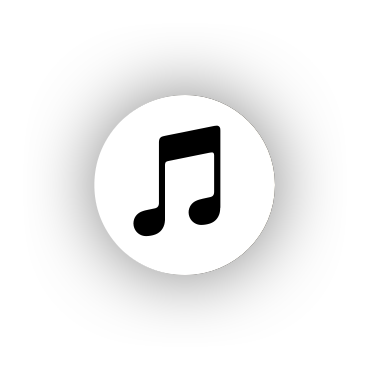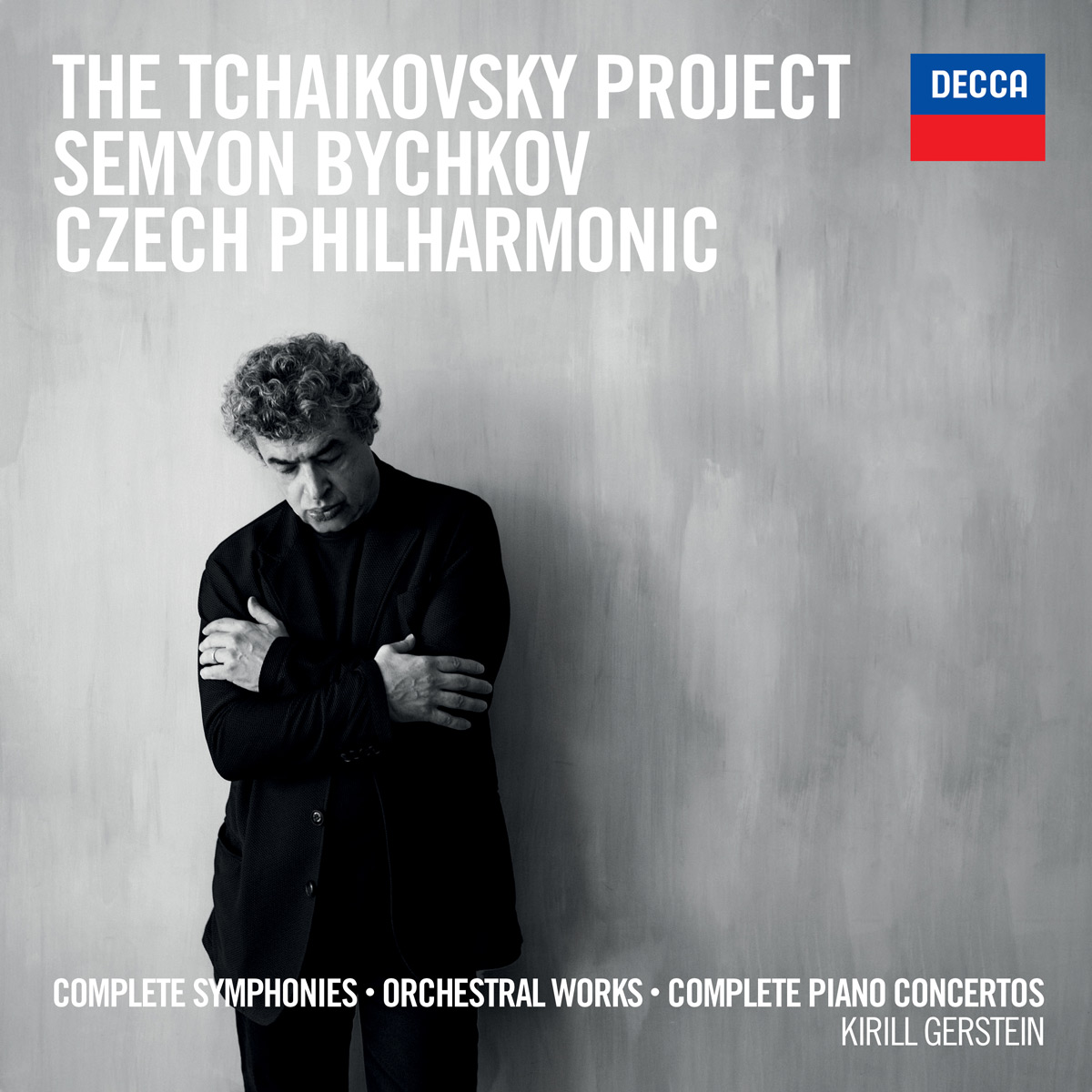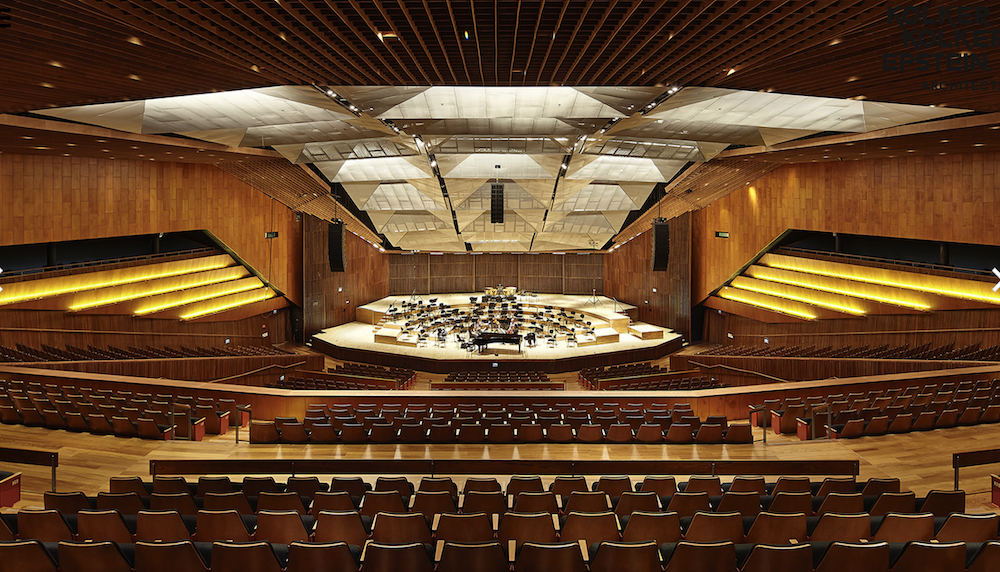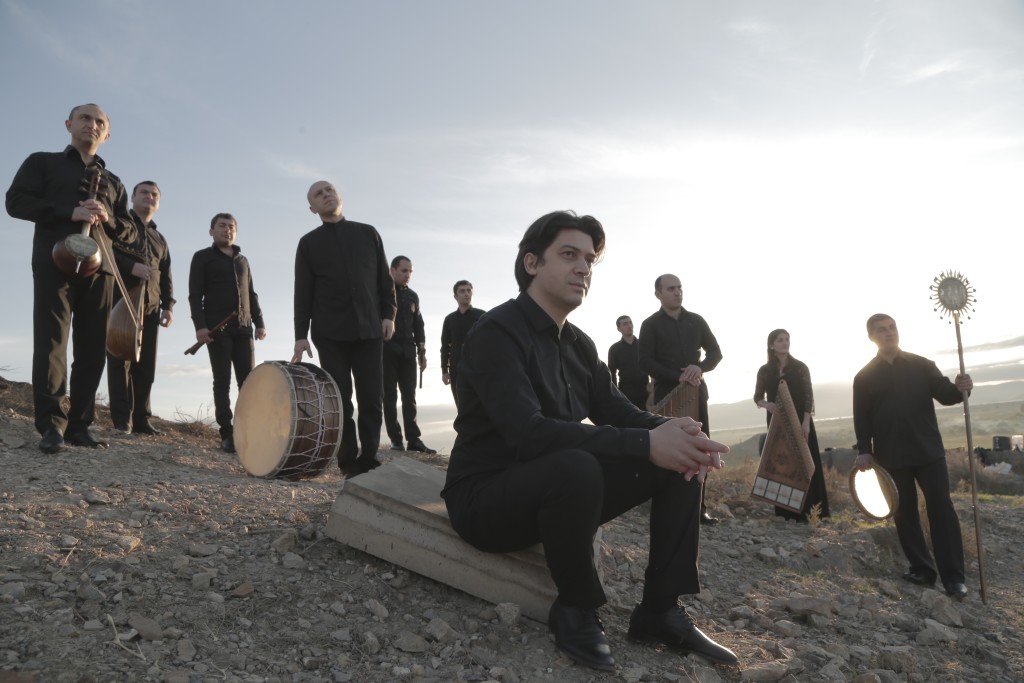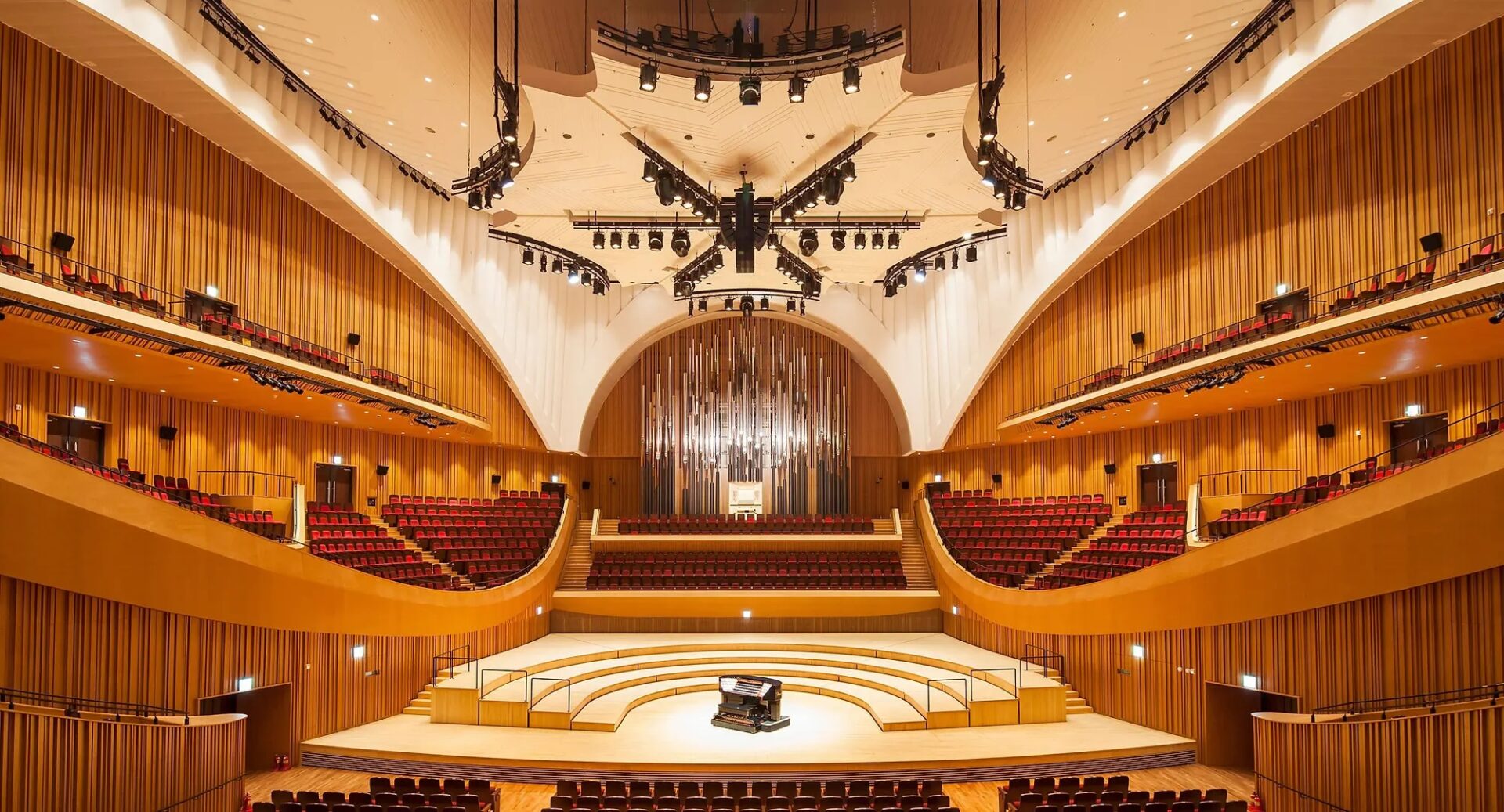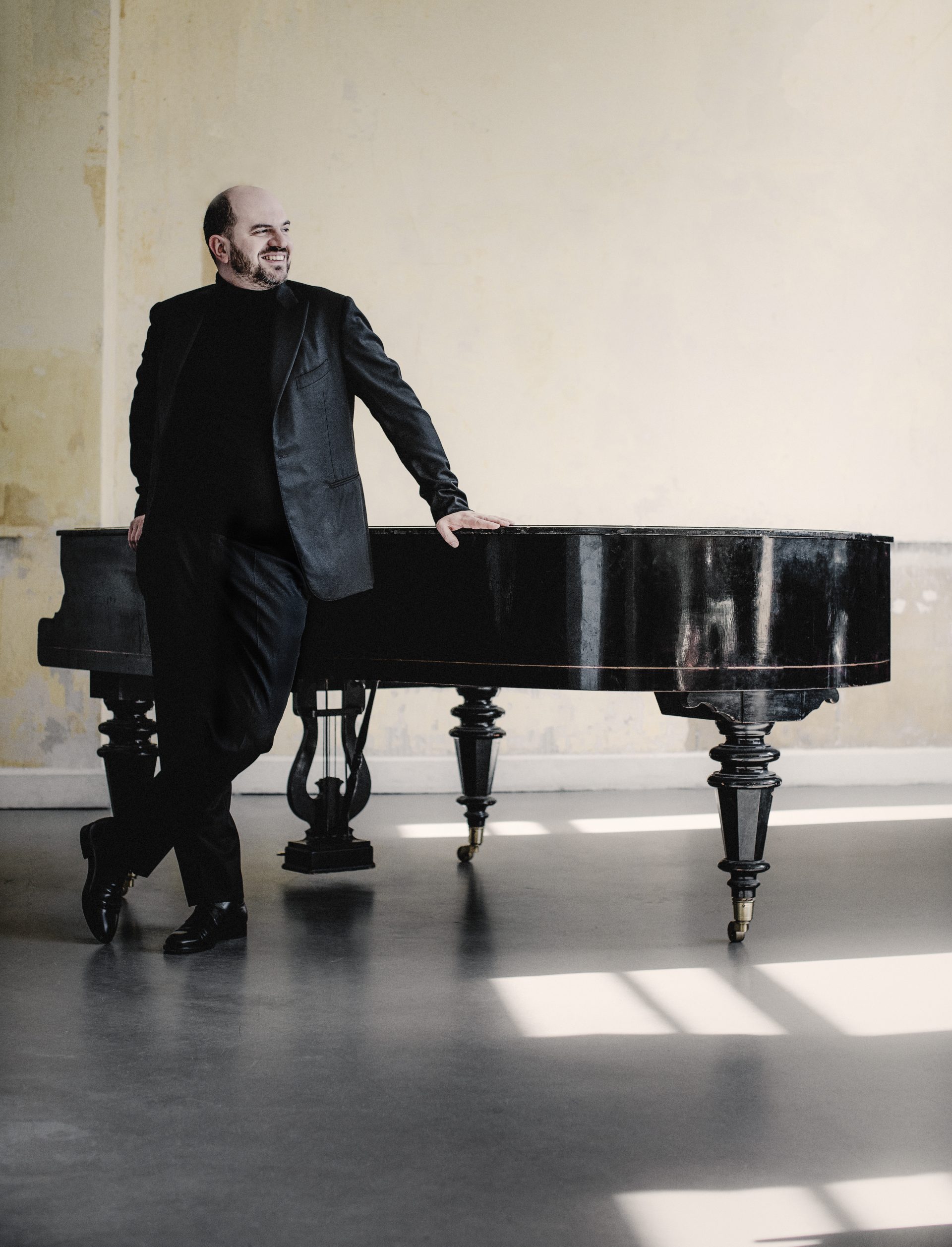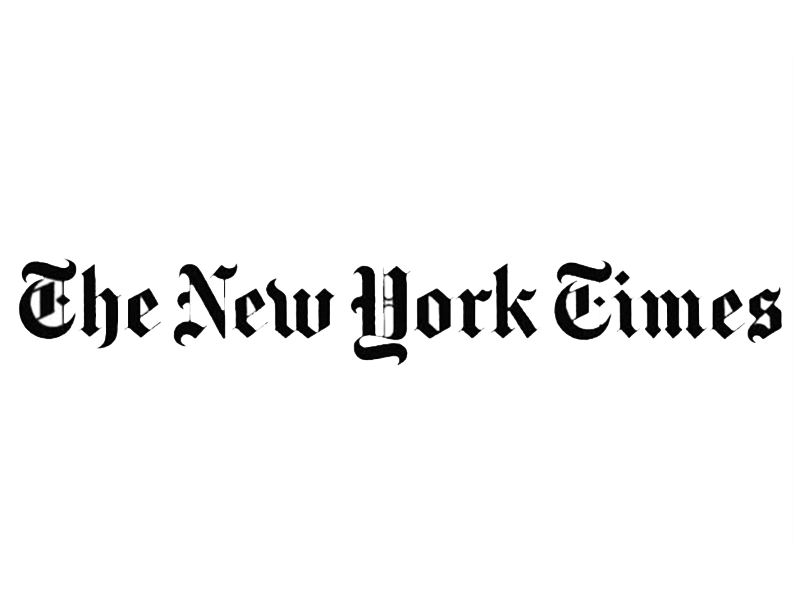Ventures
Ventures
Tchaikovsky’s
First Piano Concerto
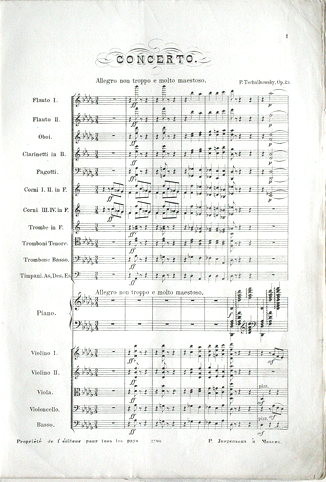
First page of the opening in the original version.
The first time I played Tchaikovsky’s first piano concerto was in the finals of the Arthur Rubinstein competition in Tel Aviv in 2001. Growing up, I was vaguely aware that there were several versions of the concerto. It was a collegial discussion with Stephen Hough in 2013 about one note in the second movement that led me to reach out to Polina Vaydman, at the time the senior researcher at the Tchaikovsky museum and archive in Klin, Russia. This inquiry resulted in my article referring to the particular note, and more generally, to implications of asymmetry versus repetition in a composition. Read it here on the website of the New York Review of Books.
Ms. Vaydman told me that a new edition of the concerto was due out, as part of the new complete edition of Tchaikovsky’s works. Eventually, I asked her for permission to use the score and parts ahead of the publication, and was humbled to have the permission to be the first to record Tchaikovsky’s own 1879 final version of the piece using the newly researched urtext edition. James Gaffigan agreed to conduct the Deutsches Symphonie-Orchester Berlin and our recording was released in 2015 on myrios classics.
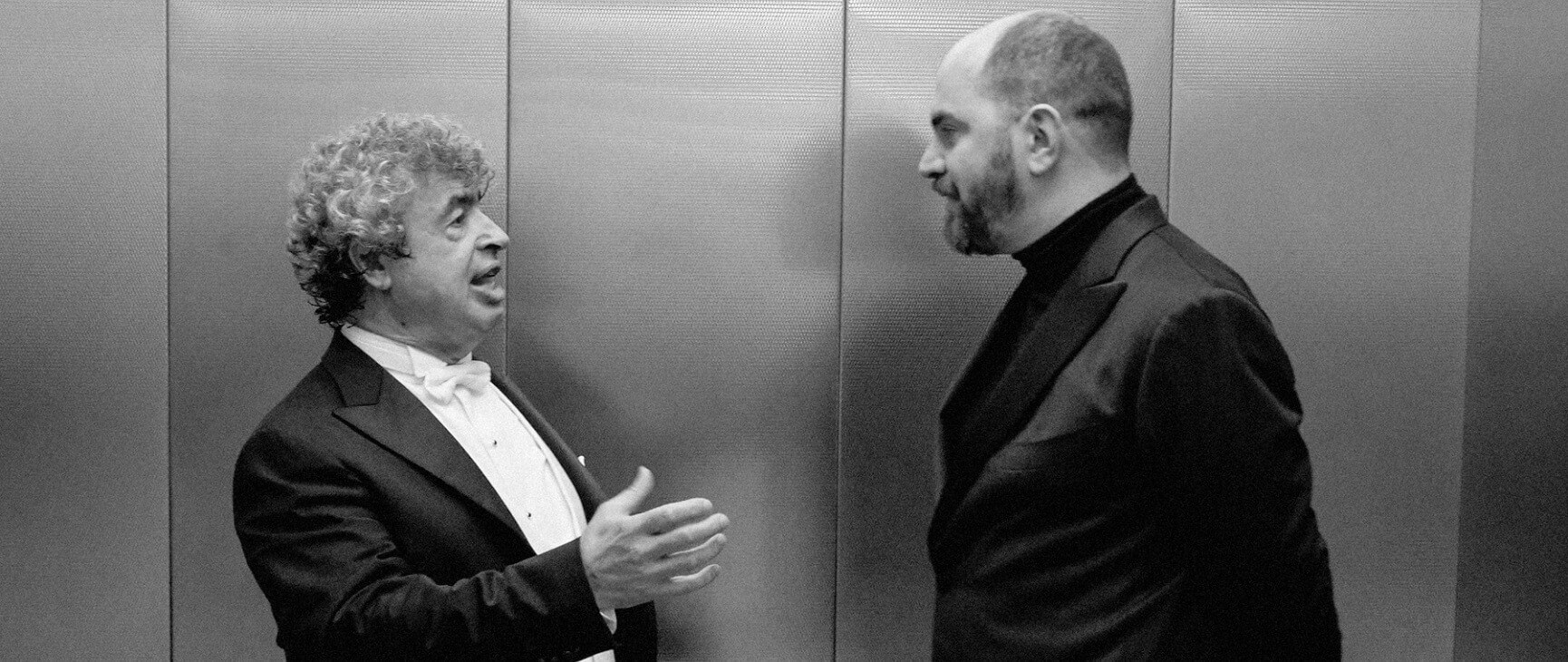
Since then, I have had the opportunity to play the concerto in Tchaikovsky’s final urtext version with many orchestras and conductors. I am convinced that the concerto, as conceived by the composer, is a more lyrical, less bombastic composition and likely we should play the notes that the author put down. It is rewarding to feel that, through this version, musicians and music lovers also feel reinvigorated in their love for this piece.
In 2019, my dear friends, Semyon Bychkov and the musicians of the Czech Philharmonic, honoured me with their invitation to record the three piano concertos by Tchaikovsky together for their The Tchaikovsky Project on Decca.
Each time I return to masterpieces, such as the b-flat minor concerto, I am astounded by the richness of the musical substance and the multitude of possibilities that continue to engage and engross while playing and listening. I look forward to the next decades of living with this work.
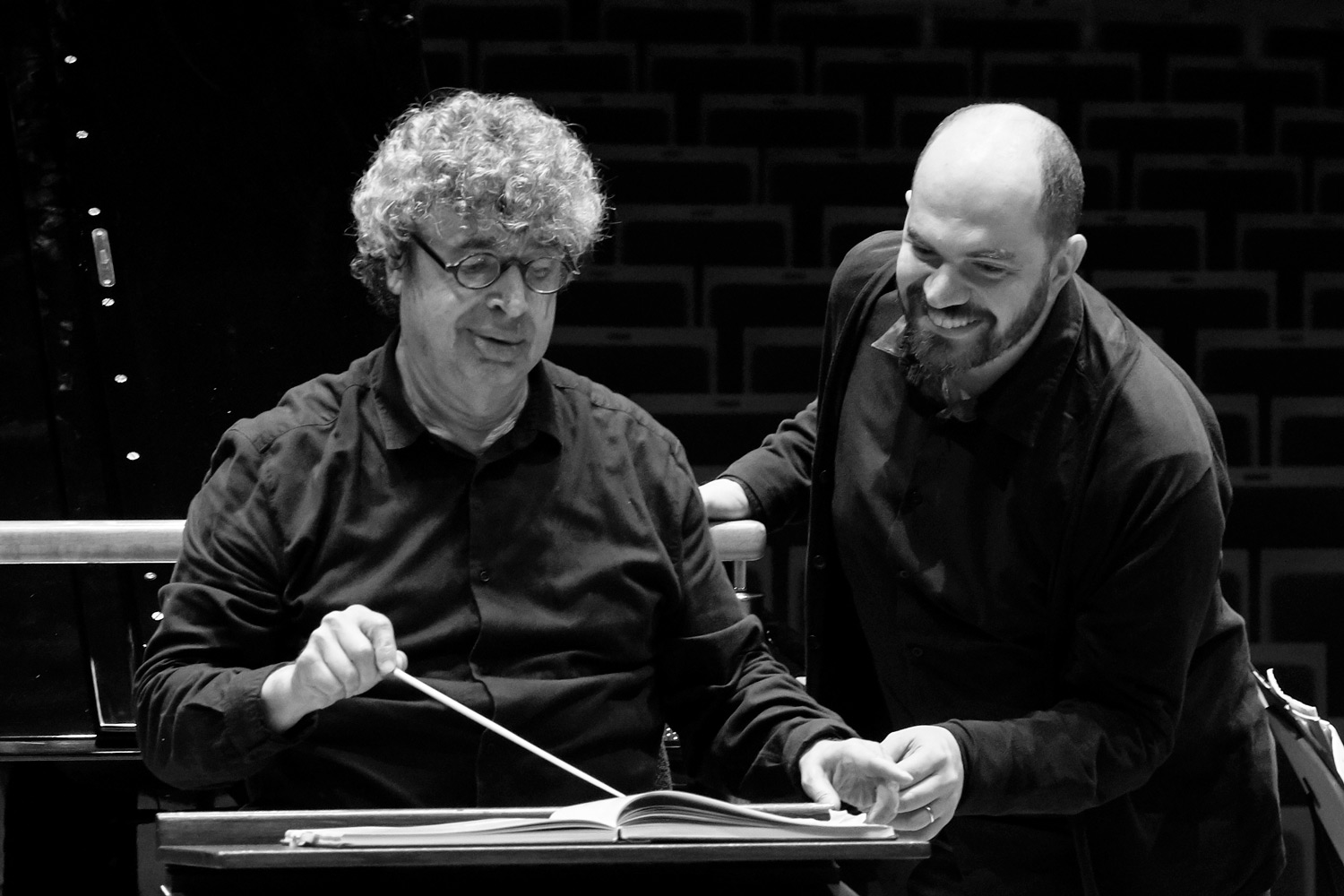

First page of the opening in the original version.
The first time I played Tchaikovsky’s first piano concerto was in the finals of the Arthur Rubinstein competition in Tel Aviv in 2001. Growing up, I was vaguely aware that there were several versions of the concerto. It was a collegial discussion with Stephen Hough in 2013 about one note in the second movement that led me to reach out to Polina Vaydman, at the time the senior researcher at the Tchaikovsky museum and archive in Klin, Russia. This inquiry resulted in my article referring to the particular note, and more generally, to implications of asymmetry versus repetition in a composition. Read it here on the website of the New York Review of Books.
Ms. Vaydman told me that a new edition of the concerto was due out, as part of the new complete edition of Tchaikovsky’s works. Eventually, I asked her for permission to use the score and parts ahead of the publication, and was humbled to have the permission to be the first to record Tchaikovsky’s own 1879 final version of the piece using the newly researched urtext edition. James Gaffigan agreed to conduct the Deutsches Symphonie-Orchester Berlin and our recording was released in 2015 on myrios classics.

Since then, I have had the opportunity to play the concerto in Tchaikovsky’s final urtext version with many orchestras and conductors. I am convinced that the concerto, as conceived by the composer, is a more lyrical, less bombastic composition and likely we should play the notes that the author put down. It is rewarding to feel that, through this version, musicians and music lovers also feel reinvigorated in their love for this piece.
In 2019, my dear friends, Semyon Bychkov and the musicians of the Czech Philharmonic, honoured me with their invitation to record the three piano concertos by Tchaikovsky together for their The Tchaikovsky Project on Decca.
Each time I return to masterpieces, such as the b-flat minor concerto, I am astounded by the richness of the musical substance and the multitude of possibilities that continue to engage and engross while playing and listening. I look forward to the next decades of living with this work.










